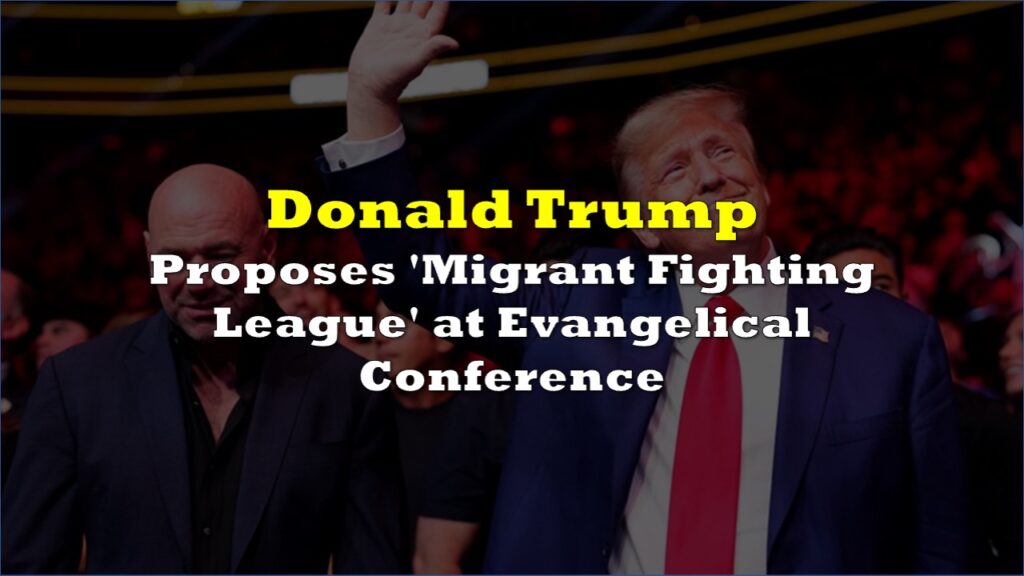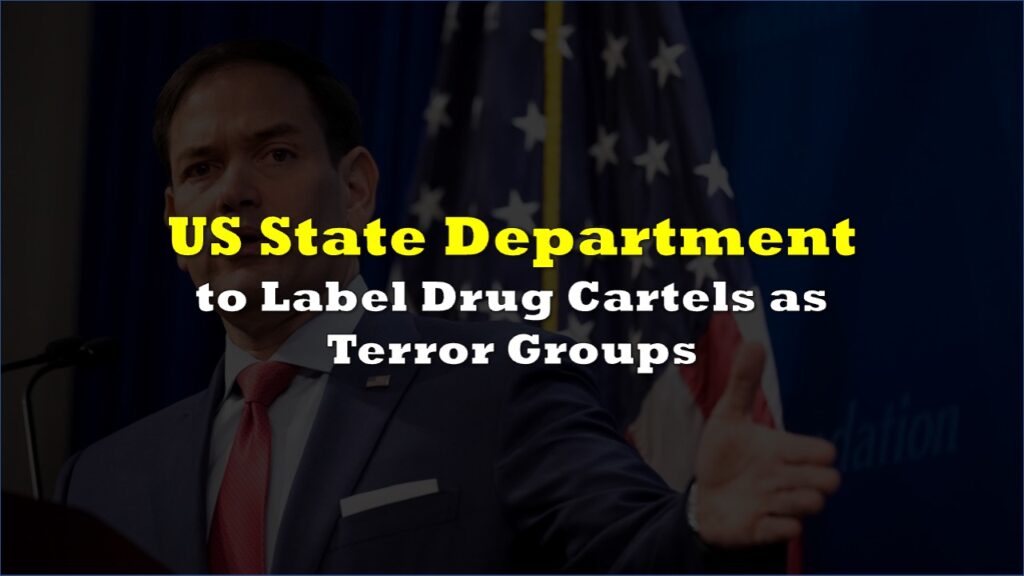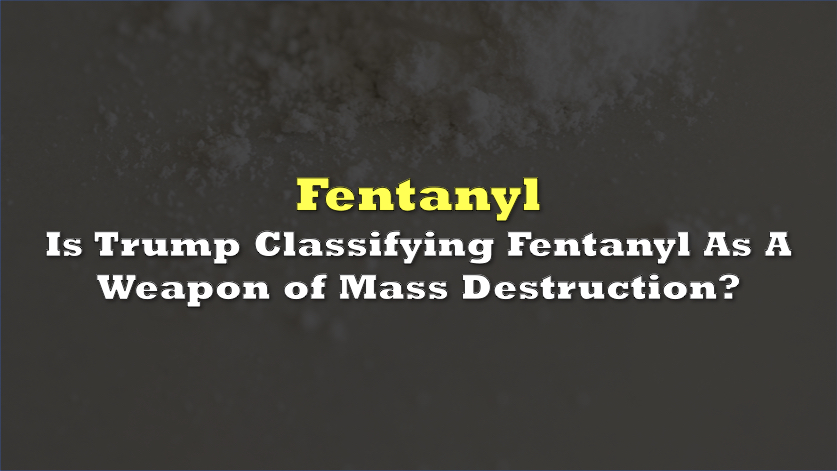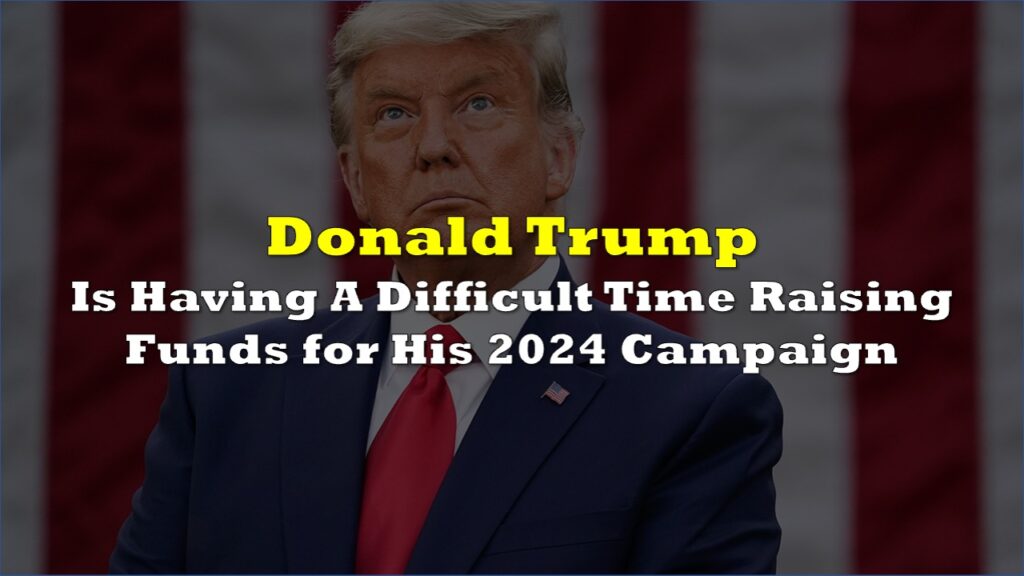In a bold and assertive response to U.S. President-elect Donald Trump’s proposed tariffs, Mexican President Claudia Sheinbaum announced Tuesday that Mexico would retaliate in kind if the U.S. imposes its sweeping import duties. The proposed tariffs, set to take effect on Trump’s first day in office on January 20, 2025, target Mexico, Canada, and China, framing them as punitive measures to address drug trafficking and illegal immigration.
“We negotiate as equals,” Sheinbaum declared in a televised address. “There is no subordination here because we are a great nation.” She also emphasized the interconnected nature of the North American economy, warning that retaliatory tariffs would jeopardize shared industries, particularly automotive manufacturing.
Tariff Threats
Trump’s plan includes a 25% tariff on all imports from Mexico and Canada and a 10% levy on goods from China. These tariffs are part of a broader strategy he claims will curb the influx of illegal drugs, particularly fentanyl, and reduce undocumented migration. Trump’s threats, issued on his social media platform, Truth Social, accuse Mexico and Canada of failing to address these issues.
“Until such time as drugs, in particular fentanyl, and all illegal aliens stop this invasion of our country, tariffs will remain,” Trump wrote, adding, “We hereby demand that they use this power.”
The sweeping tariffs would impact industries critical to both economies, from automotive manufacturing to agriculture and energy. Economists estimate that these measures could raise U.S. consumer costs by $210 billion annually, pushing inflation upward by at least 0.6%.
Sheinbaum’s Rebuttal
In her first major international test since taking office on October 1, Sheinbaum issued a firm but measured response, stating that threats and unilateral action are counterproductive. “Migration and drug consumption in the United States cannot be addressed through tariffs,” she said. “What is needed is cooperation and mutual understanding.”
She highlighted Mexico’s efforts to reduce migration, including a 75% drop in border encounters since December 2023, achieved partly through partnerships with U.S. Customs and Border Protection. However, she pointed to the U.S.’s role in fueling the violence that drives drug production and trafficking.
“Seventy percent of the illegal weapons seized from criminals in Mexico come from your country,” Sheinbaum wrote in an open letter to Trump. “We do not produce these weapons, nor do we consume synthetic drugs. Tragically, it is in our country that lives are lost to the violence resulting from meeting the drug demand in yours.”
She also called for a shift in U.S. spending priorities, suggesting that investments in peace and development could address the root causes of migration and drug trafficking.
Mexican President Sheinbaum fires back at Trump in a statement: "Seventy percent of the illegal weapons seized from criminals in Mexico come from your country. We do not produce these weapons, nor do we consume synthetic drugs. Tragically, it is in our country that lives are lost…
— Ishaan Tharoor (@ishaantharoor) November 26, 2024
The potential tariffs could have far-reaching economic consequences. Mexico is the U.S.’s top trading partner, with $480 billion in exports to the U.S. in 2023. The proposed tariffs would disrupt supply chains, increase costs for manufacturers, and raise prices for consumers.
Automakers, in particular, rely heavily on cross-border production. Sheinbaum pointed out that U.S.-based companies such as General Motors (NYSE: GM), Stellantis (NYSE: STLA), and Ford (NYSE: F) have operated in Mexico for decades. “Why impose a tariff that would jeopardize them?” she asked.
Gabriela Siller, director of economic analysis at Banco Base, warned that a tit-for-tat tariff war could spiral out of control. “Trump may have tossed the threat out there, as he does,” she said. “But Mexico’s response—that we’re going to respond to you with tariffs—will make Trump really impose them.”
Under the United States-Mexico-Canada Agreement (USMCA), unilateral tariffs are generally prohibited. Trump’s proposed actions would likely face legal challenges and could strain the agreement, which has been pivotal in stabilizing North American trade relations.
Flavio Volpe, president of Canada’s Automotive Parts Manufacturers’ Association, advised patience, noting Trump’s history of using tariff threats as negotiation tactics. “What we learned in the first term was he uses strong rhetoric, public rhetoric,” Volpe said. “But the negotiations are always tough but reasonable.”
Broader Implications
Beyond Mexico, Trump’s tariff plans target Canada and China, signaling a return to the protectionist policies that characterized his first term. Economists have criticized his reliance on tariffs, citing studies that show trade policy uncertainty reduces investment and disrupts supply chains.
China, a critical supplier of electronics and raw materials, is unlikely to take the 10% tariff lightly. During Trump’s first term, the U.S.-China trade war slowed global trade and added billions to consumer costs.
Domestically, the proposed tariffs are polarizing. While Trump’s supporters view them as a fulfillment of his “America First” agenda, critics warn of the economic and diplomatic risks. Scott Lincicome, vice president at the Cato Institute, described the approach as performative. “The pattern is clear: threaten tariffs, prompt panic, negotiate, and then declare victory without major changes,” he said.
Despite the escalating rhetoric, Sheinbaum emphasized the importance of collaboration. “Dialogue is the best path to understanding, peace, and prosperity for our nations,” she said, expressing hope for constructive negotiations.
Information for this briefing was found via the sources mentioned. The author has no securities or affiliations related to this organization. Not a recommendation to buy or sell. Always do additional research and consult a professional before purchasing a security. The author holds no licenses.









